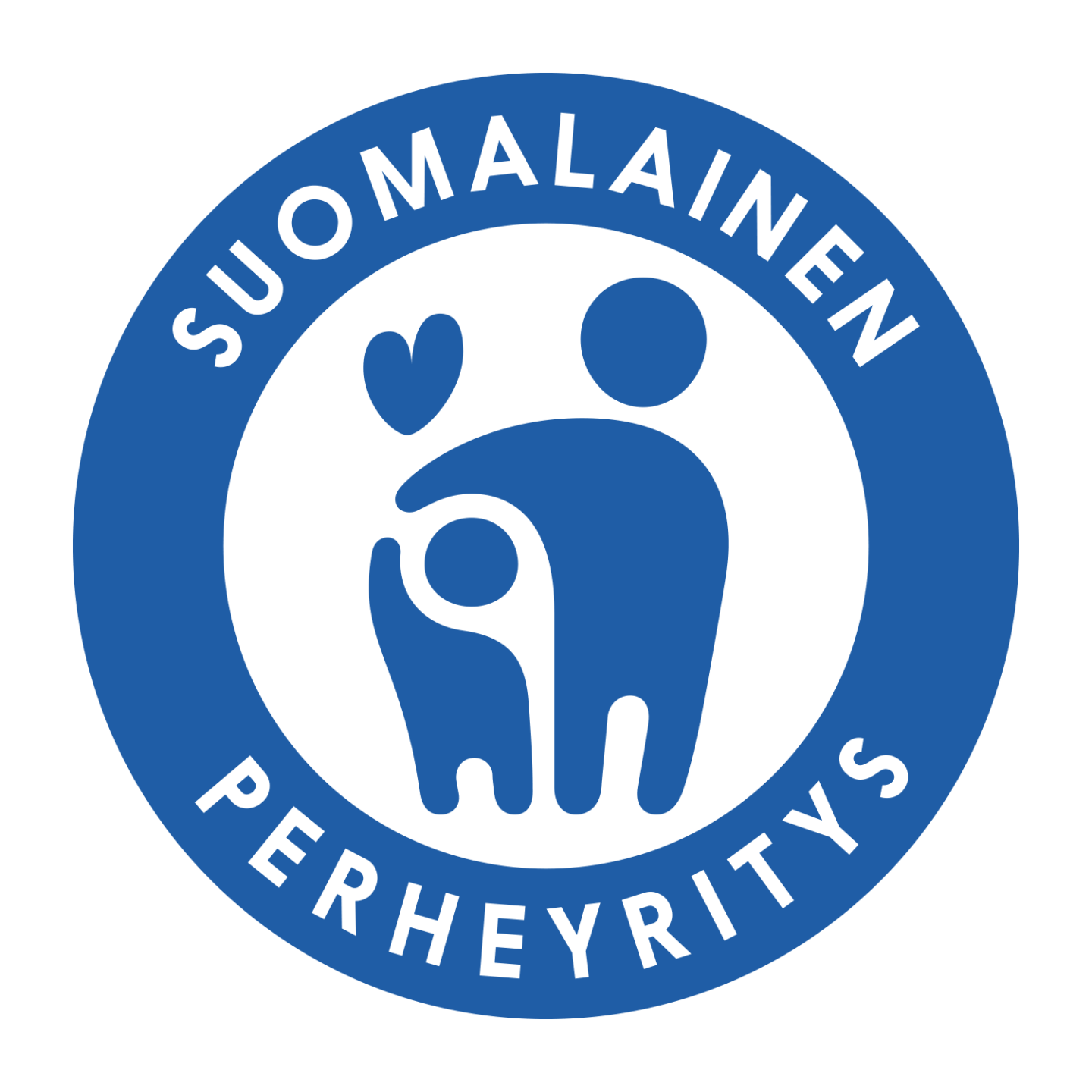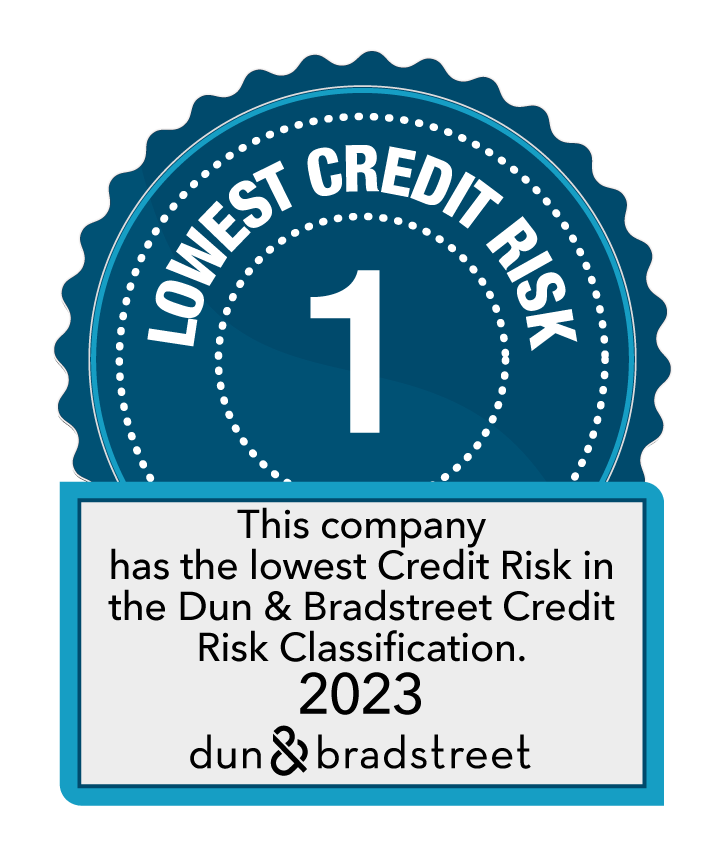Above all, responsibility is an attitude that needs to be reflected in the company’s values. All those working in the company have to live up to these values in their everyday operations. Just as a good house needs a good foundation, building a good company requires a solid value base. Values are part of a good foundation, but they are not enough as such. They must be reinforced every day.
At Fiblon, responsibility means doing business that we can be proud of. Responsibility stems from the company’s values that we live by every day. Values are not just some rules that we abide by, but a significant part of our operations. When the values are clear, they are easy to live by. In order to have clear values, they need to be unpacked in such a way that everyone in the company knows what they actually mean. In this case, we are already talking about company culture.
Fiblon’s values include satisfied customers (everything is done with the customer in mind), the joy of working (employees come first), respect for the environment (smart choices), and profitable growth (without success there is no business). All decisions must be based on these values.
Is responsibility just empty promises or genuine action?
Corporate responsibility is based on a strategy, which is an important part of the work of the company’s board. That is why I would first ask, is corporate responsibility on the company board’s agenda? More and more companies are claiming that corporate responsibility is important to them, so how is it that so few have the necessary expertise? According to a corporate responsibility study conducted by FIBS in 2018, only about 40% of company boards have at least one board member who is competent to handle corporate responsibility issues. The lack of expertise seems obvious.
Corporate responsibility must first be included in the company’s strategy, and the strategy must determine the elements of responsibility that are relevant to the operations of the company. In decision-making, you should always consider how each decision contributes to these elements.
Corporate responsibility must then be integrated into the company’s operations so that it really creates an effective framework for decision-making. Only in this way can a company be truly responsible. Companies are often committed to corporate responsibility at the higher level, but this is not reflected at the operational level. This is nothing more than greenwashing. If corporate responsibility is not backed up by actions, the positive effects of responsibility will never materialise for the business.
Consumers vote with their feet
Consumer surveys conducted by Miltton and Nilsen clearly indicate that an increasing number of customers are opting for a responsible product or service. Young employees, in particular, also vote with their feet if a company is not managed responsibly.
Only a responsible company can succeed in the long run. Success can be achieved, for example, by reducing the burden on the environment. A successful company plans its operations on a long-term basis. Family businesses are particularly successful in this area. The purpose of a family business is to pass the business on to the next generation. Long-term thinking is therefore deeply rooted in family businesses.
Fiblon is a family business founded in Pori in 1979, which produces napkins and cleaning wipes for professional use. The company is currently run by the second generation, and part of the third generation is also already involved in the business. Fiblon’s own brands include Softlin napkins and Fibra cleaning wipes. The Fibra product family for professional kitchens was launched in March 2010. In early 2015, we launched a completely new product line for table settings, Softlin.
Being responsible is a matter of honour for us, because we want to do business that we can be proud of. We always do our best to use as little of the earth’s limited resources as possible. In order to have maximum control over our operations, we produce everything we sell ourselves, in Pori. Over the years, we have fine-tuned our operational procedures and products to be as responsible as possible. We pay attention to both big issues and small details. We have been measuring our achievements in environmental responsibility since 2010.
Ever increasing numbers of our customers have started valuing corporate responsibility and they expect the same from their partners. We are proud to say that we have come a long way in terms of corporate responsibility – after all, it has been one of our core values for 25 years.
Is a product responsible if it is made from recycled material?
Not necessarily, because in some cases recycling itself burdens the environment or there is so little recycling material that it has to be imported from a great distance.
It is important for us to know where the raw materials we use come from. We only accept raw material suppliers who know exactly which forest their wood comes from.
We do not want to transport raw materials from the other side of the globe, either. That’s why we favour Nordic wood. More than half of our raw materials come from Finland and we only import materials if we cannot purchase them here. Whenever possible, we use certified wood (FSC®).
In-house production ensures responsible actions
Environmental awareness has been a high priority at our facilities in Pori ever since we started recycling 25 years ago. Over time, we have managed to save a lot of energy in our production processes. In 2011, we started using 100% wind power electricity. This allowed us to reduce our carbon footprint by a third. In 2018, we installed solar panels on the roof of our factory.
Competence is an investment
As a company, we are just as good as the level of expertise of the people who work here. We see the development of employee skills as an investment, not an expense. We believe that ensuring the wellbeing of our employees is our highest responsibility. Of course, there are as many factors contributing to employee satisfaction as there are employees. As an employer, our job is to create a framework in which our employees have the opportunity to experiment, learn, and participate in the development of our operations and influence the content of their work. This requires constant listening and a willingness to develop our operations.
Smart choices
Can we influence biodiversity by choosing the right products? Yes, we can, by making smart choices. Fiblon is committed to building a better Finland by increasing awareness of the importance of choosing responsibly produced table setting and cleaning products. Carefully and wisely chosen products ensure the sensible use of the earth’s resources. In this way, we can help preserve our unique planet for future generations. Responsible manufacturing will not be enough if our customers choose the wrong product for their needs – smart choices count.
The Finnish Constitution states that nature and its biodiversity are the responsibility of everyone. Biodiversity is threatened, in particular, by the destruction and fragmentation of habitats. The best solution would be, of course, to stop harmful practices. If such practices cannot be stopped or changed, they can be compensated by protecting, restoring or creating similar biospheres elsewhere.
In the restaurant industry, it is quite common to see products being chosen based on nothing but price, which can result in the wrong products being used in the wrong way. This means that the earth’s resources are being wasted, and extra waste is generated in the process. We want to help our customers make smart choices, and the most important thing is to provide enough information to support their decision-making.
Fiblon has made a biodiversity promise to spread information about the responsible choices related to table setting and cleaning products. Carefully and wisely chosen products ensure the sensible use of the earth’s resources and the preservation of biodiversity.
Making the world more sustainable, one napkin at a time
Designing a responsible product is not the easiest job. Producing a responsible product requires making responsible choices at every stage of the supply chain.
The shorter a company’s supply chains are, both in terms of physical distances and the number of links in the chain, the easier it is to monitor what is happening in the chain. Therefore, the first step is to decide how the materials will be sourced.
One is just right, two is too many
To make sure that responsibly manufactured products are also used responsibly, we need to ask a few questions. What kind of product is needed? Where and how will it be used? Product consumption often depends on how well the product works for its specific purpose. When the size, quality and functionality are all correct, consumption is optimised. Insufficient size or poor quality often means that more than one napkin or wipe is needed. Products that are too large usually lead to materials being wasted.
Who is ultimately responsible for corporate responsibility?
Studies indicate that corporate responsibility is here to stay. It is encouraging that responsibility is becoming increasingly understood as an attitude, not a project managed solely by the corporate responsibility manager. Responsibility should be integrated into the business so that it is on the agenda of every chief operating officer, not just the corporate responsibility manager.
In fact, one could draw a black-and-white conclusion that if a company’s corporate responsibility department is very large, it may indicate that responsibility is not very widely understood.
I believe that responsibility is strongly linked to value-based management. When the values of a company are integrated into operational activities and include all the elements of responsibility, responsibility is inherently realised – though not by itself.
Responsibility is like communication. It needs to be on every employee’s agenda. In my experience, increasing the number of communication professionals does not increase communication, or improve it for that matter. Communication is the responsibility of everyone. And so is corporate responsibility.
What will be the next responsibility trend?
Corporate responsibility experts have shifted the focus from operational development to value chains and operating environments. Of course, while we must develop our operations to an excellent level, it is important to recognise that we are not operating in a vacuum. We have to understand the implications of our actions at every level.
That is why we at Fiblon have moved on to the next round of responsibility development. Our own operations have been carefully planned and implemented, and now we also want to play our part in helping our stakeholders, especially our customers, make better and more responsible choices. Making the world more sustainable, one napkin at a time!



